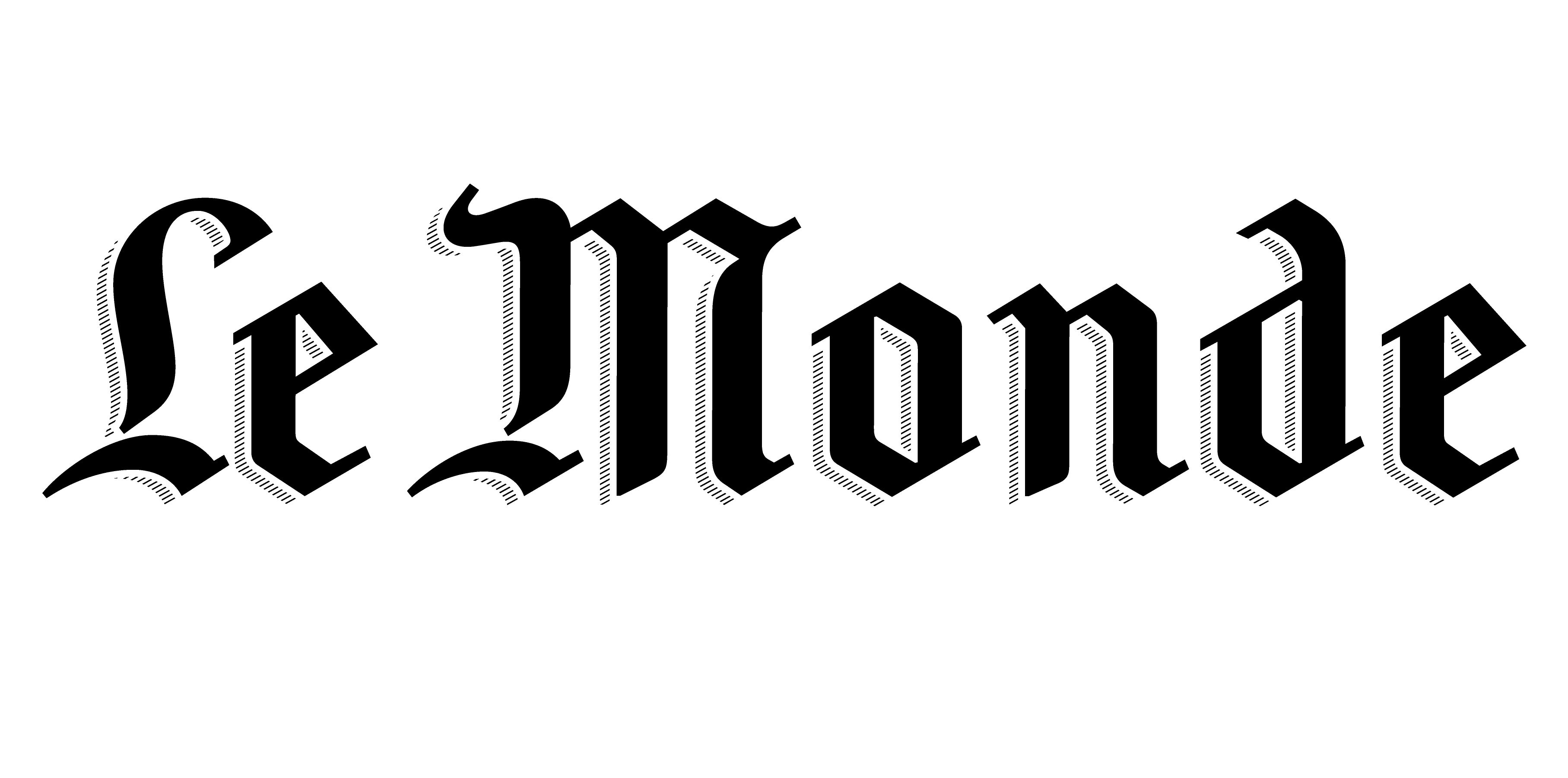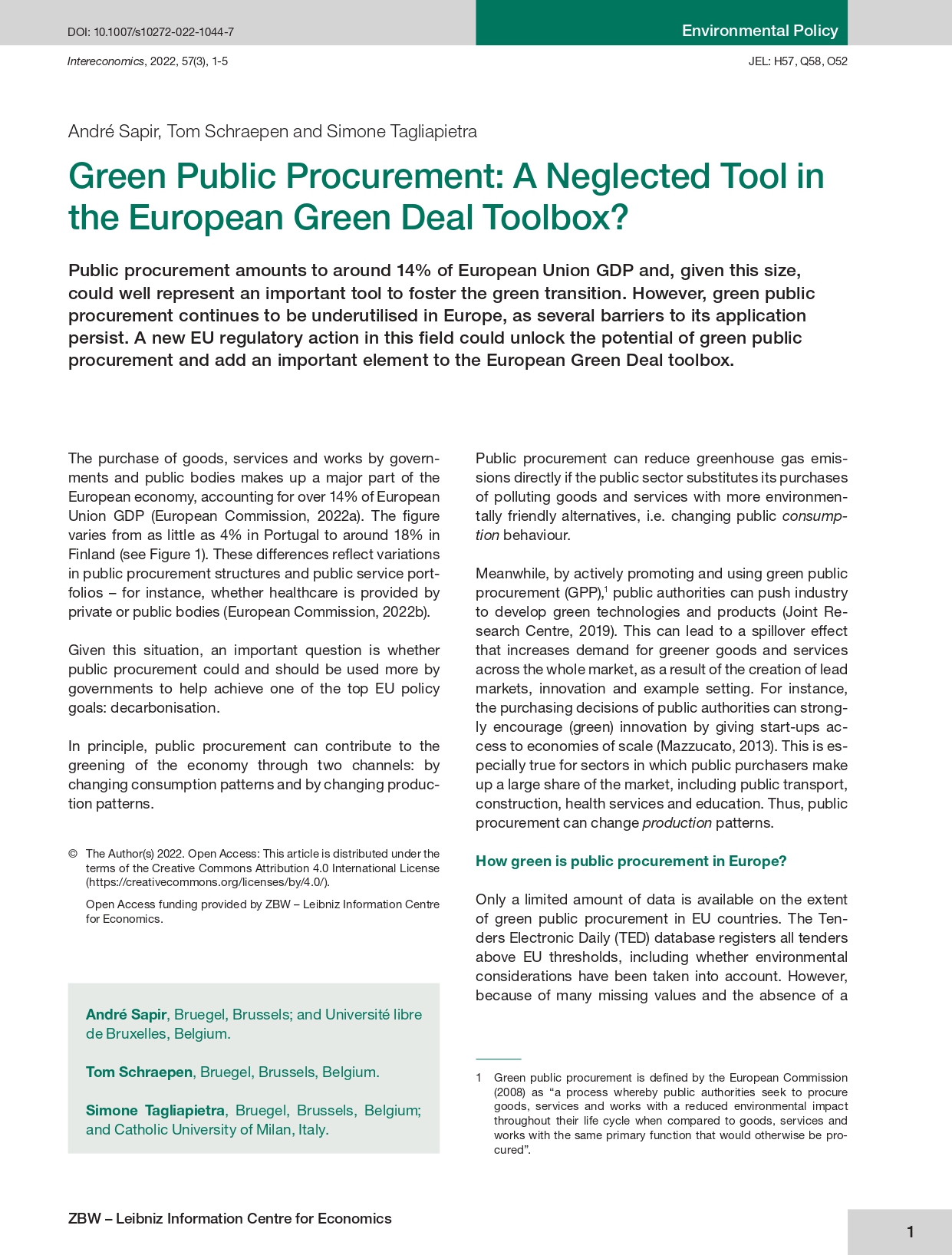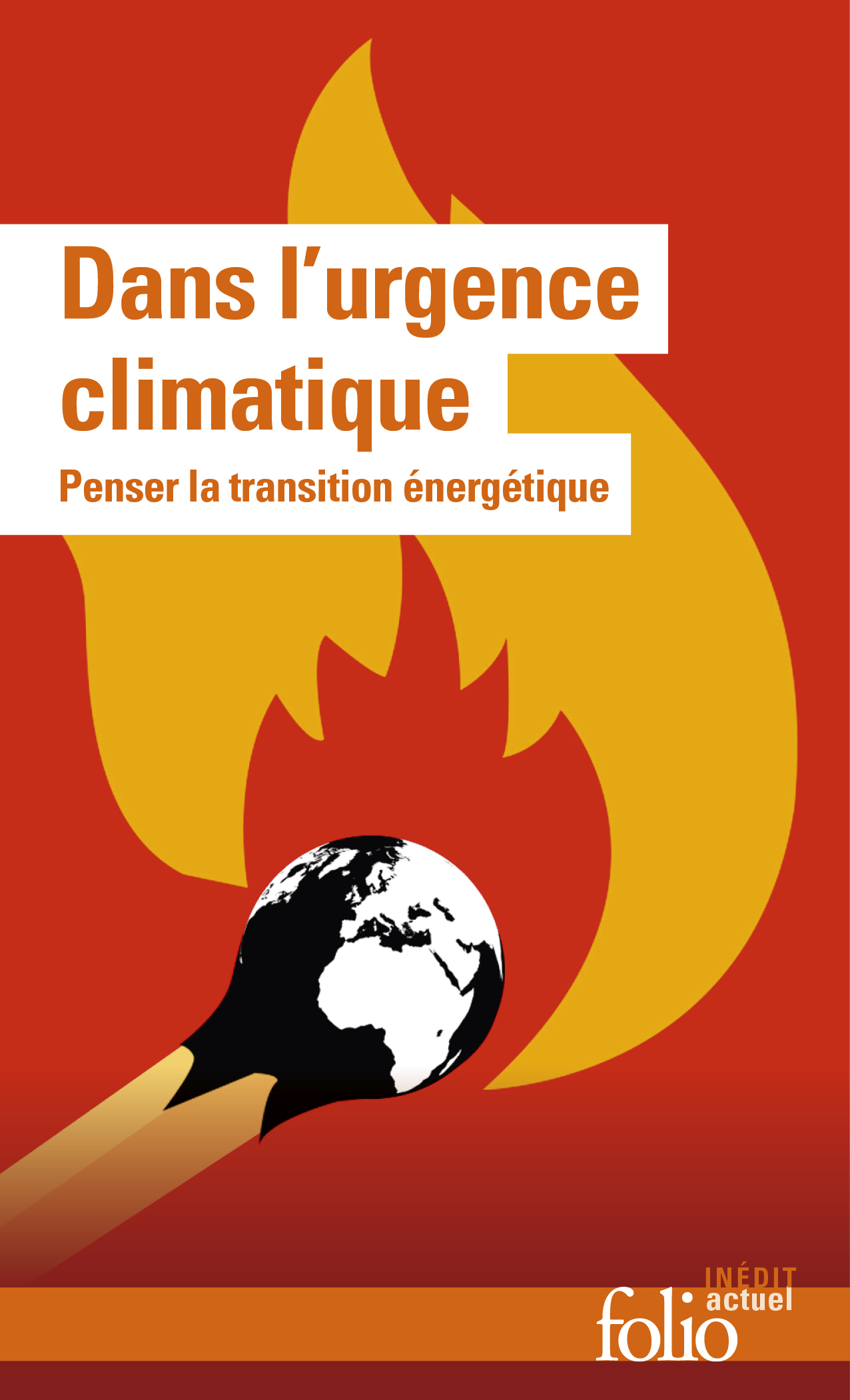Opinion
Berlin will make or break the European Green Deal
€1 trillion isn't enough for the European Green Deal and the EU's fiscal framework is constraining public investment. "Mrs Merkel, tear down this rule".
€1 trillion: this is the ‘green investment wave’ the European Commission seeks to mobilise over ten years with its newly-launched European Green Deal Investment Plan.
In doing so, the EU executive arm seeks to unleash the public and private financing required to reach its ambitious decarbonisation targets, as well as to provide support to territories facing serious socio-economic challenges deriving from this transition.
We have our doubts.
In order to achieve the European Green Deal targets, additional investments of €300 billion a year will have to be made in Europe by 2030, notably in energy efficiency in buildings, clean cars and wind and solar electricity production. Even if the European Commission succeeds in mobilising €1 trillion of investments over ten years, this would only represent a third of the additional investment needs associated with the European Green Deal.
To be fair, it would have been difficult for the European Commission to do much more, given the limited size of the EU budget. But this clearly outlines that other tools are needed to unleash green investments in Europe.
The two most important tools are a reformed EU fiscal framework and a reformed European Investment Bank (EIB).
The main instrument is the EU fiscal framework, which should be reformed to authorise deficit-financed green investment. That is, EU fiscal rules should be changed to deter countries from slashing public investment when they consolidate their public finances and to ensure that they are able to take advantage of favourable interest rates to invest in public goods. One way to do that would be to include some form of ‘golden rule’ in the European fiscal framework to allow the financing of investments through the issuing of debt. And yet, if an agreement cannot be found to change the European fiscal rules and make them more investment-friendly, reform focused on authorising deficit-financed green investment during the transition should be a central part of the European Green Deal.
One way to put in place a form of ‘green golden rule’ would be to revise the investment clause of the European fiscal framework to make it much more flexible in order to exempt from the fiscal rules public investment that mitigates or adapts to climate change. Of course, clear accounting rules would be needed to separate investment in the low-carbon transition from other expenditures. The recent adoption of an EU taxonomy for sustainable finance provides a first sensible answer to this challenge.
A second tool is the EIB, which should be reformed to adapt its mission and truly transform it into the EU’s climate bank. The EIB should be able to do more to finance the green transition. Its volume of new lending disbursed has gone down every year since 2015, and its total outstanding amount of loans has fallen as well. The EIB has clearly some margin of manoeuvre to act more forcefully. Its capital ratio has gone up in recent years, its leverage has been going down since 2012, and according to its statutes, it can lend as much as two and a half times its level of subscribed capital, plus reserves and profits, which means its portfolio of loans could reach around €600 billion, compared to about €450 billion today. The EIB currently benefits from very favourable rates for its borrowing from capital markets and it would be a shame not to use this opportunity to finance worthwhile projects that can contribute to the fight against climate change.
If EU countries are (unduly) afraid for the EIB’s rating, the Commission should propose a new capital increase, similar to that which was done at the beginning of 2013 to increase the EIB’s firepower to fulfil its enhanced mission as the EU’s climate bank.
German politicians have consistently warned Brussels against any attempt to loosen the EU fiscal rules in a bid to free up spending on green projects, and they have also dismissed the idea of increasing the EIB’s capital to unleash climate funding. This clearly outlines how Berlin – and not Brussels – will ultimately make or break the European Green Deal.
Republishing and referencing
Bruegel considers itself a public good and takes no institutional standpoint.
Due to copyright agreements we ask that you kindly email request to republish opinions that have appeared in print to [email protected].













